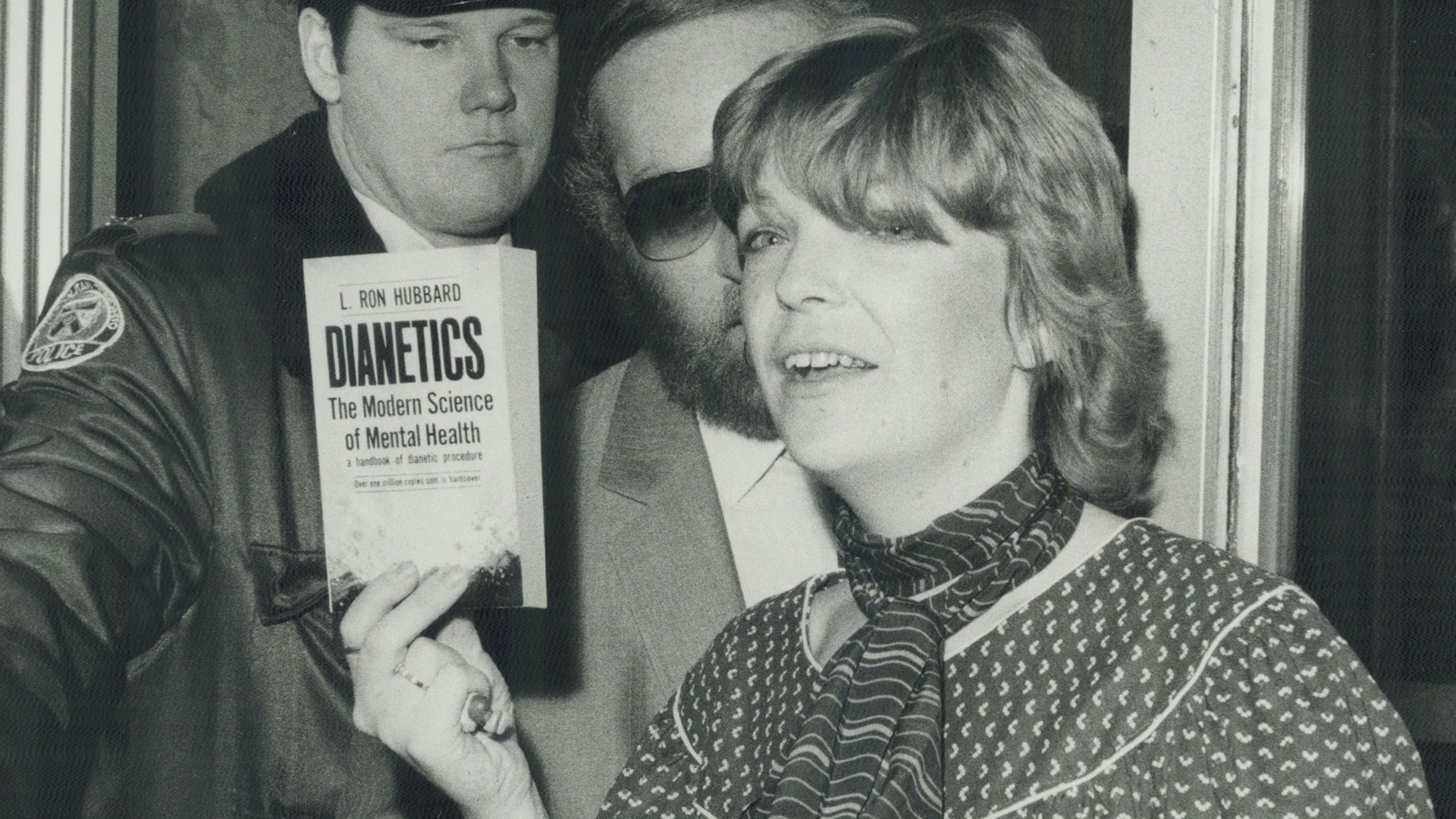The 30-Second Trick For Dianetics
The 30-Second Trick For Dianetics
Blog Article
Dianetics Fundamentals Explained
Table of ContentsThe Only Guide to DianeticsDianetics for BeginnersThe Best Strategy To Use For DianeticsLittle Known Questions About Dianetics.
I couldn't ever before not intend to get anything that enters your mind for you- if it was or else, I would not be resting below with you, doing this. I not just can never ever have an issue, or otherwise wish to hear something that comes to mind for you, yet I'm entirely anxious to know every idea, every thought, every image or feeling that arises or shows up for you- do not ever think or else, and if for some factor you do, please simply allow me understand! In some cases, you might have an idea, and picture, idea or incident turn up that does not appear to address the question, or connect to it, but however, always do inform me concerning it, and as we continue, the significance will arise for you.This is fundamental in the basis of handling, and the subject of this conversation: the fundamental functions of the counselor and the customer: The standard function of the therapist is, unlike "typical training", not to regulate, which suggests to implement and/or prevent, but to rather function from the basis of EMPOWERING THE CLIENT.

The Best Guide To Dianetics
John Mcmasters expressed this fundamental reality wonderfully well in among his lectures on Power processing, wherein he discusses how he was asked what this "unique propensity" was that he had for giving such excellent sessions; he needed to think of that for a moment, and found that it was what he had not been doing, in addition to what he was doing: he wasn't evaluating, judging, computing, or in fact, generating any thoughts, allow alone spoken expressions, after offering the command and while waiting for the PC to finish their answer to their complete satisfaction; he was, simply and just, being present with the computer, and totally interested.
The duty of the counselor, demonstrated; that was his "unique propensity". I have actually had my own experience which showed me this well, very early in the game. In 1982, having actually lately completed my training and teaching fellowship on New Age Dianetics, I was running this on a COMPUTER, and there was a point in the session where (being a little bit damp behind the ears not yet having numerous hours under my belt as an expert auditor) the PC appeared to be "taking also lengthy" to reveal anything vocally after I provided him a command.
This key ended up being the most valuable contribution that John ever before made to the subject of therapy or auditing (Dianetics). In my modest point of view, it is the greatest contribution that any person has actually Visit Your URL ever before made to these subjectsthe application is completely non-judgemental, non-evaluative, and devoid of any type of suggestion, advice or opinion.no preconceived schedule for individuals, or 'degrees' that they need to do
In Idenics, the only resource of information concerning a client is the specific client. In Scientology we prided ourselves on not evaluating for individuals. All that truly suggested was that the auditor did not VERBALLY examine for the Computer in session. The registrars and ethics officers evaluated for the computer.
See This Report on Dianetics

Any individual that had actually ever before seen John audit could not aid yet see an unique top quality in his bookkeeping."The customer's standard role is to be there with the function of relocating in the instructions of their spiritual objectives, and to freely and completely reveal and experience whatever materializes for them in answering the questions and implementing the instructions in the handling.
This is something to process as needed. But additionally, people frequently have previous experience and/or brainwashing in auditing/processing which, somehow, and to some levels, actually misdirects them right into mindsets, ideas and actions patterns that avoid the full realization of these duties, therefore they will tend to inhibit the expressing of what enters your mind, as in the examples provided over. * The initial, and probably primary instances find here of mis-indoctrination causing less than totally smooth and efficient sessions, can be located in specific facets of the training regimens, or "TR's":"TR's" are typically an individual's initial, or at the very least early, experience in Scientology, and while I will certainly take place to discuss what I view as the imperfections in concept and method, however, often tend to be considerably therapeutic, done as they are why not try here offered (Hubbard firmly insists that "TR's are not processing, they are educating", but factually, they are both processing AND training)
There is no "flunking", and no denial of the fact of this being processing. The emphasis, as it needs to be, is on experiencing the other individual's presence.
Some Known Details About Dianetics

Report this page